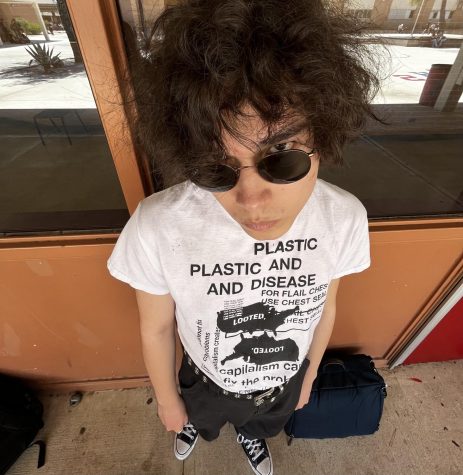A Rainbow Over Singapore: LGBTQ Rights and 377A
LGBT rights protesters at a seminar marking Human Rights Day organized by the Delegation of the European Union to Singapore entitled The Role of the Judiciary in the Promotion and Protection of Human Rights at the Conrad Centennial Singapore.
August 30, 2022
Singapore’s 377A, a law criminalizing homosexual intercourse, was repealed in an announcement by the country’s Prime Minister. However, in the same announcement, Prime Minister Lee Hsien Loong also assured his mostly conservative constituency that the People’s Action Party, whose hegemony has gone unchallenged since the country’s independence, would remain committed to defining marriage between man and woman, opening a new frontline in the battle for LGBT rights in the city-state.
377A was a remnant of British colonialism in Singapore, first instituted in 1938 and based on the UK’s own Section 11 of the Criminal Law Amendment Act of 1885. 377A read as following:
Any male person who, in public or private, commits, or abets the commission of, or procures
or attempts to procure the commission by any male person of, any act of gross indecency with
another male person, shall be punished with imprisonment for a term which may extend to 2
years.
The article has been used to justify not only sexual relations, as gross indecency can and has been interpreted to cover kissing and physical intimacy, vague enough to include acts either in public or private between consenting adults. Singapore’s track record with the stigmatization of homosexuality extends further. For example, students in Singaporean schools cannot count on adequate support from staff when subject to bullying. Counselling services, which have to register as legal entities, could not openly identify as LGBTQ+ advocacy groups prior to 377A being repealed. Additionally, due to Singapore being classified as an advanced economy by international organizations, the advancement of LGBTQ rights receive little to no international funding. The Singaporean government, for the sake of social cohesion, has often neglected addressing LGBTQ topics until now. For example, since the mid-2000s, the growing Christian minority of Singapore has contended with the LGBTQ minority, with more conservative churches attacking LGBTQ rights as oppressive, which only encouraged the Singaporean government to turn a blind eye.
Singapore has shifted to a degree. Where once the government openly attacked and criticized homosexual conduct consistently, it has shifted to a more pragmatic approach, the result of this growing liberalization of their position being 377A repealing. Beforehand, multiple government officials went on record to state that 377A would not be enforced so long as intimacy is consensual and private, though this by no means implies that LGBTQ individuals have enjoyed the same amount of freedom as cis and heterosexual individuals. As is often the case, a lack of enforcement or presence of explicitly discriminatory law does not imply de facto equality.
It will be a continued struggle for the LGBTQ movement in Singapore to gain new ground. The government of the People’s Action Party, while not outright reactionary in nature, is certainly pragmatic in its policy and its pragmatism will often direct it to favor social cohesion, the interests of society at large, as opposed to individual minority groups, where government intervention on their behalf could break the balance the party wishes to strike.
Per Human Rights Watch, at least 67 countries have national laws criminalizing same-sex relations, with an additional 9 having laws targeting the gender expression of transgender and nonbinary people.












